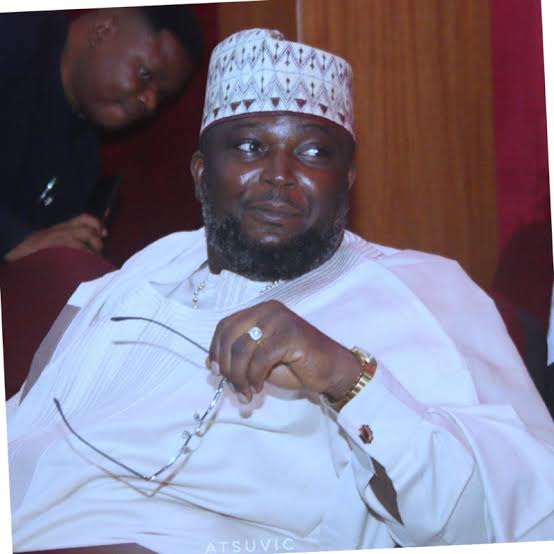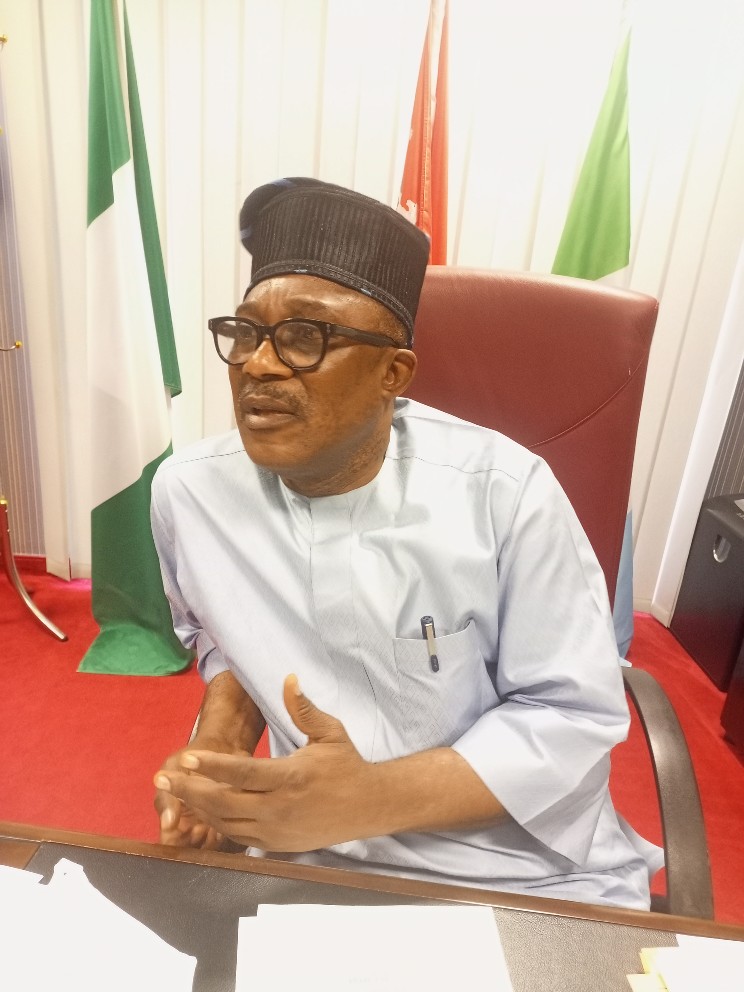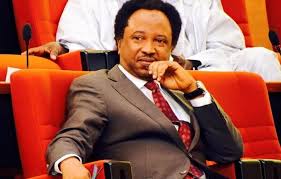**Says N3000 toll fee is exorbitant
The General Secretary, Coalition of United Political Parties (CUPP), Peter Ameh has aligned with the ascertion of Former vice president Atiku Abubakar that Lagos Calabar highway contract as high way to rob the Nigerian people.
The CUPP scribe said it is high way to fraud saying that the cloud hovering over the award of the contract have all the trappings of corruption and abuse of power
In a statement he issued in Abuja on Friday Mr. Ameh said the process lacks transparency and due process, as the contract was awarded without proper oversight and competitive bidding process.
According to him, the cost of building the road per kilometer is outrageous and unacceptable.
“We are already worried that due process was not followed in both the selection and award of the contract for the project.”
He said, the intention of Federal government that vehicles would pay an average of N3,000 per toll is not acceptable and should be rejected by all Nigerian citizens as it will further increase the burden on the Suffering masses of our country.
“Anything above 300 Naira will create a lot of hardship but worst case scenario 500 Niara will be totally intolerable. Let the people breath.
“We all know that there are institutions and bodies, agencies that are created by law to take care of matters of this nature, ranging from the Federal Executive Council, which sits to consider the economic imperative of this kind of gigantic project, the National Assembly which has been constitutionally mandated to apprropriate the funds, Bureau of Public Procurement which looks at the entities that will execute the contract without the federal government spending above and beyond what the project would ordinarily have cost, and etc.

According to him, constitutional democracy which we practice, funds are not arbitrarily expended without the authorisation of the legislative arm, which controls the purse of the nation and the president ought not to have doled out a trillion naira plus to his friends without authorisation.
“But in the event that the coastal highway is a build-operate-transfer-project, due process must also be followed with the aforementioned institutions and agencies which ought to have put in their knowhow with their input taken into consideration.
“If President Tinubu, as reported in the dailies and social media, has awarded the contract to the Chagourys who are alleged to be his bossom friends and business partners without due process and due consideration to the constitutional and statutory provisions, the National Assembly (that is if we have a functioning and responsible parliament that is not beholden to the Executive Branch) is obligated to set up an ad-hoc committee to investigate and possibly call the president to order because doing what he is alleged to have done is a breach of the Constitution which he has sworn to uphold and protect.
“APC government has failed to deliver on the promises of open government and has decided to use government to reward their friends and cronies at the expense of tax payers.
All government contracts must follow open and competitive bidding process.




